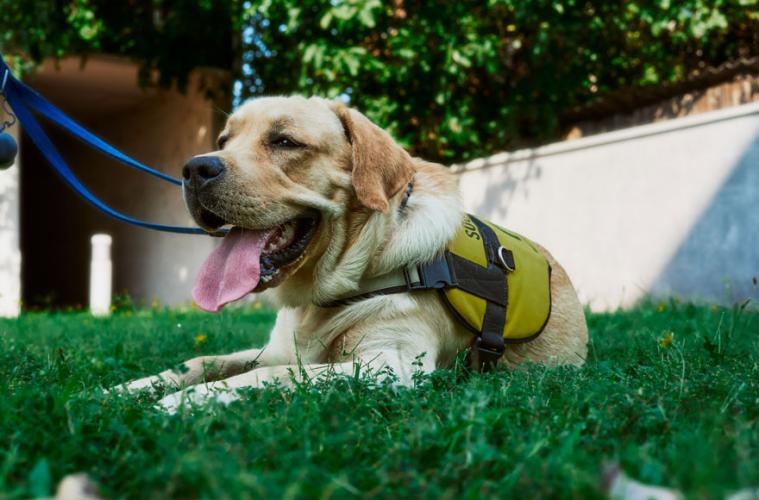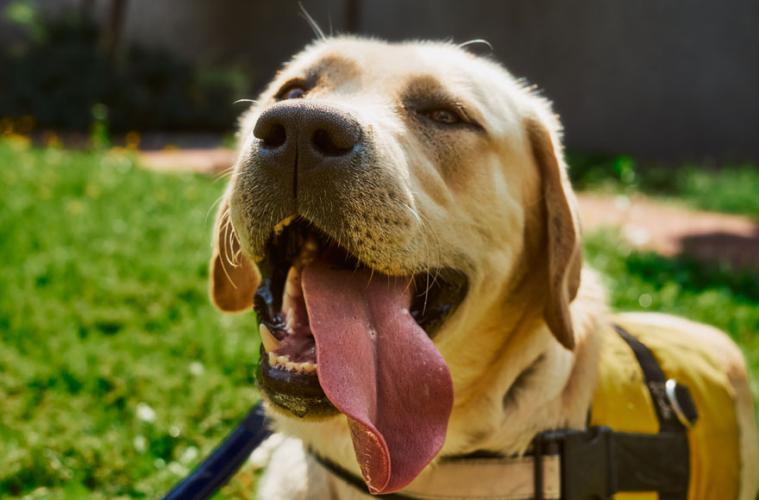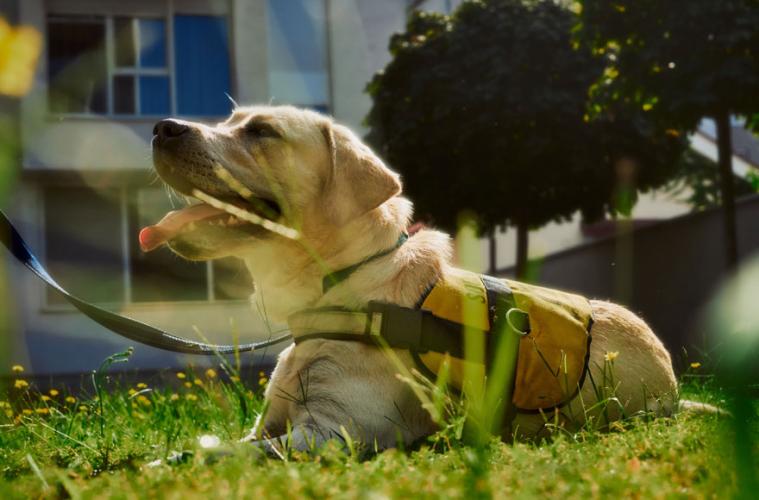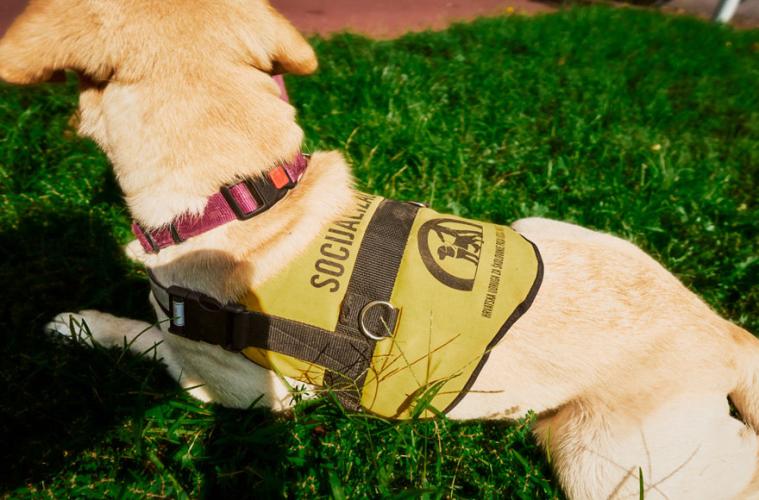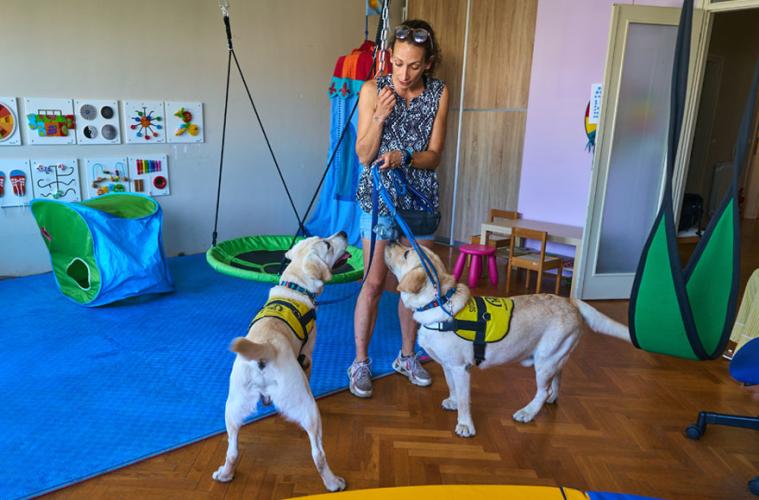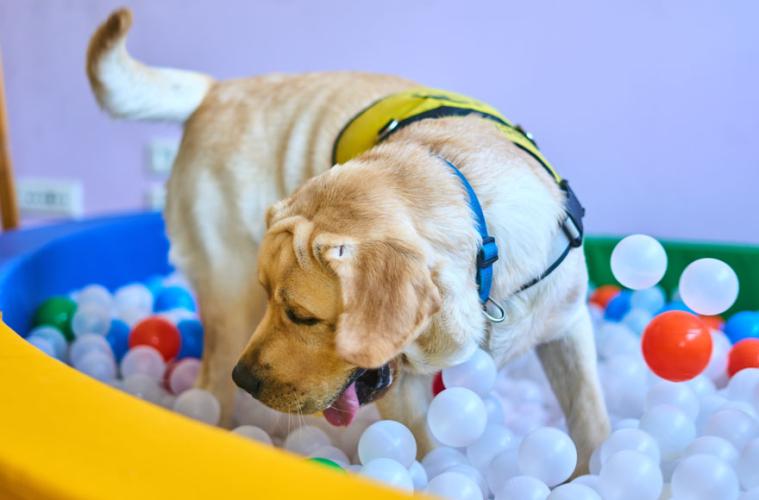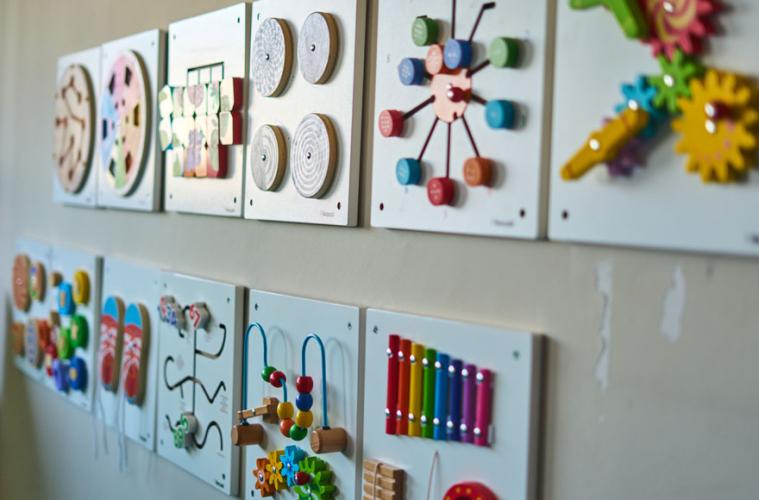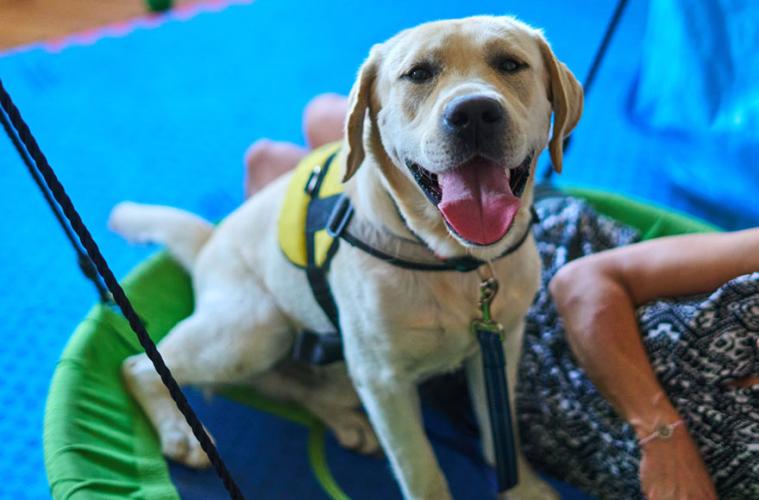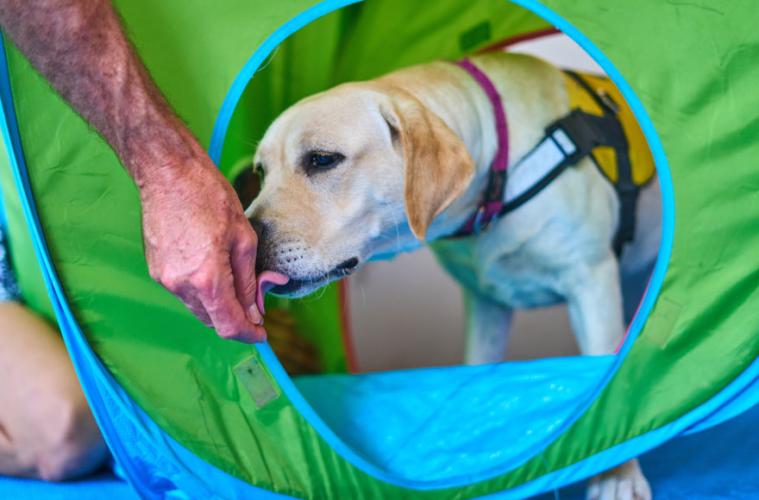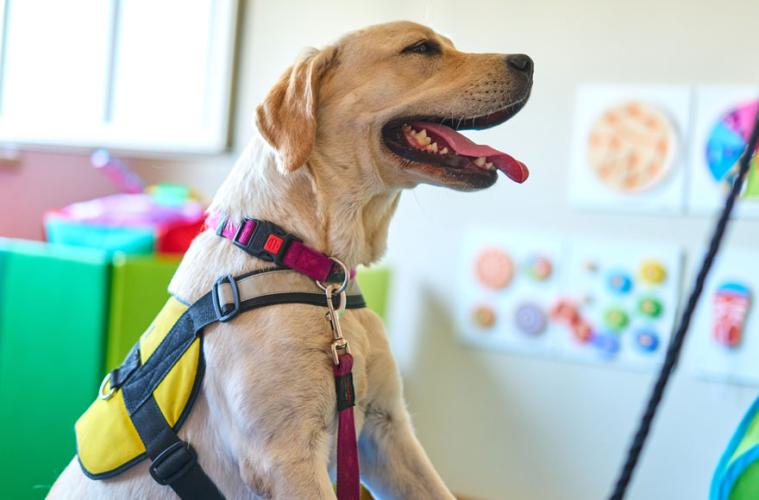Croatian Guide Dog and Mobility Association
The annual needs for assistance dogs are much greater than the fulfilled needs of assistance dog users on long waiting lists.
For years now, we have been helping a number of associations and organisations focusing on the needs of children – healthy yet abandoned and neglected, kindergartens, children’s sports initiatives as well as associations dealing with the most vulnerable persons, meaning children whose health is impaired, who have special needs and face developmental challenges.
Bearing that in mind, last year, we decided to step up our efforts and support associations strongly committed to helping and inclusion of children with difficulties. The short-list of nine similar associations we supported included The Croatian Guide Training and Mobility Association.
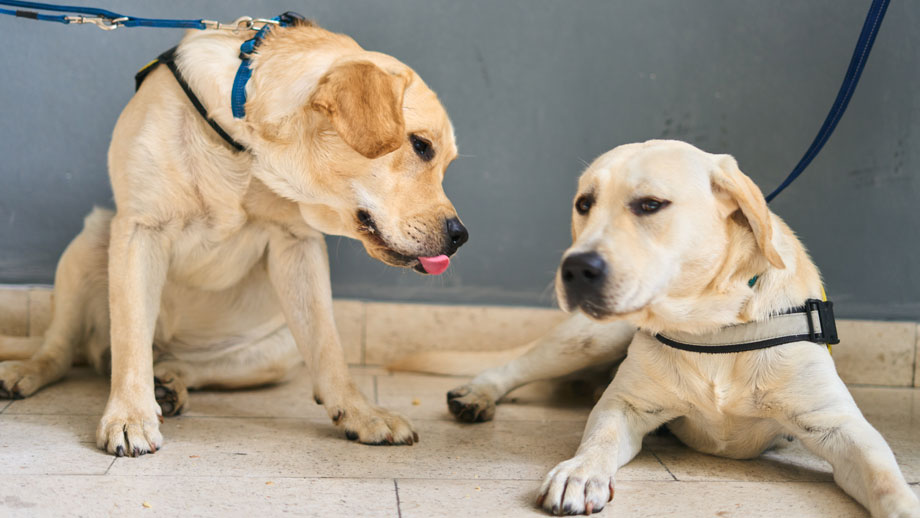
Although such organisations and their needs are many, and our possibility to help all of them is limited, we decided to proceed with this cooperation for several reasons.
First, it is one of two such organisations operating in Croatia, and the annual needs for assistance dogs are much greater than the fulfilled needs of assistance dog users on long waiting lists.
The association has been in business continuously since 1990 with the help of donations and sponsorships and, at a lesser extent, through EU-funded projects as a non-governmental and non-profit organisation. The programme and services they provide are the following:
- training and awarding assistance dogs (guide dogs, assistance dogs for children with developmental difficulties and persons with disabilities, therapy dogs)
- educational and promotional activities aimed at raising social awareness on the position of children and persons with disabilities
- advisory support to families of assistance dog users
Having recognised in the Association’s Mission certain shared values, such as: promoting human rights of blind persons, persons with other disabilities and children with developmental difficulties, and designing a sustainable development model of a civil society organisation, we decided to launch a joint project titled: “Paws of kindness make difficulties easier”.
The project includes training and awarding an assistance dog to a child with Down syndrome and West syndrome - developmental difficulties which significantly slow down and hinder motor and sensory development.
The priorities and needs of a child with developmental difficulties whose parents showed interest in having an assistance dog included in his/her development process are determined by the Association through a waiting list (supported by medical documentation and the user’s specific needs and requirements).
We were very enthusiastic and pleased to cover all the costs for the dog: from when it was a puppy to when it became a fully-fledged assistance dog. This is a two-year process which starts with testing and choosing a dog from the litter, socialization in a volunteer family, training a future assistance dog and training the parent as the dog’s lead.
Having completed two years of training, the Association awards the assistance dog to the user’s family free of charge. This is when the assistance dog’s service life begins, lasting seven to eight years on the average.
Based on the practice so far and the Association's many years of experience, it is estimated that the child’s development will pick up speed greatly, minimizing current occurrences and developmental difficulties. In addition, the assistance dog is a loyal friend and contributes greatly to the child being accepted in his/her environment because having a dog facilitates communication and represents the first step in the child’s inclusion.
Except for the direct and most important project user - the child who is awarded the assistance dog to help decrease his/her motor difficulties and develop sensory activities, the group of indirect users includes other family members, the child’s extended family, the kindergarten and medical staff of the institutions where the child will be included in other therapy procedures, meaning the community at large.
Finally, we will gladly classify ourselves as indirect project users because the enthusiasm and the fulfilment we feel for having participated in this project are, for the first time, immeasurable, and we are looking forward to seeing the final results.
After this lengthy introduction, which, in our opinion, was indeed necessary considering the specificity of the project, it is time to present our current main actors - Bella, Loki and Pago. These are ten-month old labrador retrievers undergoing the socialization programme and training daily to become assistance dogs with the help of the courageous people involved in their socialization, trainers and all the other collaborators from the Association.
We will follow up on Bella, Loki and Pago, while you follow us.
